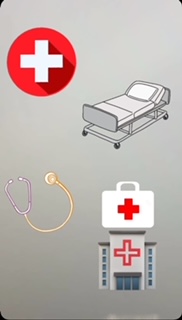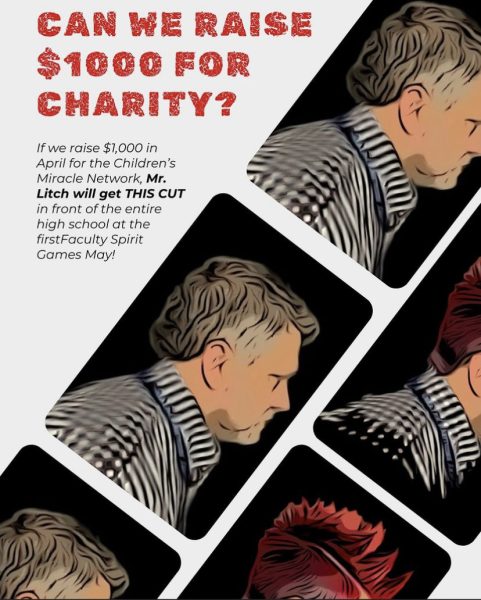Sleep deprivation
Do you stay up long nights to get something done for school? Did you know the average teen needs eight to ten hours of sleep a day? Sleep is nutrients for the brain. During sleep, important body functions and brain activity occur.
What causes sleep deprivation? Sleep deprivation occurs when an individual person gets less sleep than they need to feel awake and alert. Many people vary in how little sleep is needed to be considered sleep-deprived. People, such as older adults, seem to be more resistant to sleep deprivation, while others, especially children and young adults are more vulnerable.
Over time, sleep deprivation can cause a wide range of health problems:
- Increased levels of stress hormones
- Higher risk of cardiovascular disease
- Raised levels of inflammation
- Excessive daytime sleepiness
- Anxiety
- Memory problems
- Increased sensitivity to pain
Short-term effects of sleep deprivation can include:
- drowsiness
- reduced alertness
- decreased concentration
- impaired judgment
- short-term memory problems
- stress
Sleep deprivation can be helped by getting sufficient sleep. Some suggestions for good sleep habits can be: going to bed when tired, following a sleeping routine, avoid eating 2 to 3 hours before bed, or simply turn off electronic devices when trying to go to bed.
According to a 2010 review, the current world record for a person going without sleep is 264 hours, which equates to just over 11 days. Randy Gardner managed to stay awake and the experiment took place in 1964.
For any more information on sleep deprivation, you can look at Medical News Today .

My name is Kimberly Smith, and I am a senior here at Greater Nanticoke Area High School. This is my third year writing for The GNA Insider. I moved from...












